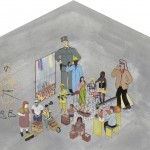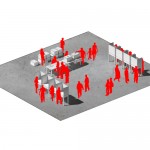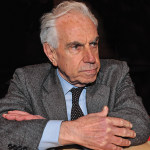
Seven Theses on Workers’ Control (1958)
In the workers’ movement there has been for a long time, and in successive periods, a discussion of the question of the modes and temporalities of the transition to socialism. One tendency, which occurred in various forms, believed it was possible to schematize the temporality of this process, as if socialist construction had to be preceded, always and in every case, by the “phase” of construction of bourgeois democracy.
 Viewpoint Magazine
Viewpoint Magazine







